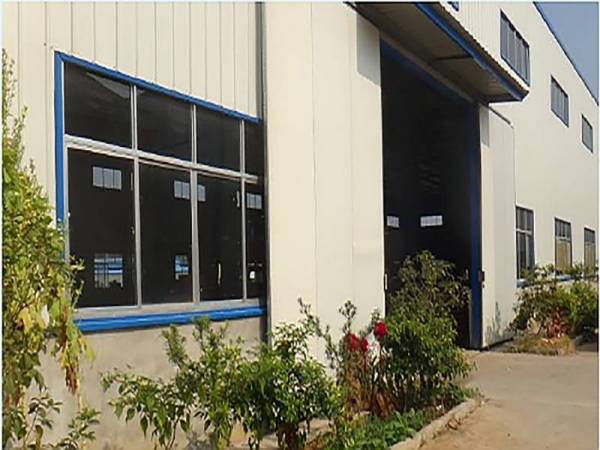

Company News
Indoor experimental study on water glass modified expansive soil
Time:2024-07-22View:248
Expansive soil is a highly plastic cohesive soil rich in hydrophilic clay minerals, which swells and softens upon water absorption, and contracts and fractures upon water loss. It has adverse engineering characteristics such as multiple cracks, over consolidation, strong expansion and contraction, disintegration, weathering characteristics, and strength attenuation. Due to the widespread distribution of expansive soil, the harm caused by its adverse engineering characteristics is enormous. The most commonly used method for dealing with expansive soil problems in engineering is chemical modification, which can be further divided into lime modification, cement modification, fly ash soil modification, modifier modification, and other methods depending on the type of modifier used. Sodium silicate, commonly known as sodium silicate, has a chemical formula of Na2O · nSiO2 and is a water-soluble silicate; Its aqueous solution is commonly known as water glass. Water glass has the advantages of strong adhesion, high strength, low cost, short bonding time, and minimal environmental pollution; As a grouting material, it also has excellent engineering properties such as good grouting ability and fast infiltration speed. Due to its excellent engineering properties, it is widely used in many fields, such as serving as a surface coating for building materials, stabilizing drilling wellbore walls in drilling engineering, and reinforcing soil by mixing with CaCl2.
In the field of geotechnical engineering, water glass is used for modifying cohesive soils. Chinese and foreign scholars have conducted research on its modification mechanism and modification effect. The study discovered the mechanism and solidification effect of water glass solidification of loess; From a microscopic perspective, the mechanism of water glass solidification of clay minerals was studied through XRD, electron microscopy scanning, and other methods. He believes that the curing mechanism is that water glass can be hydrolyzed to produce silicic acid gel, and silicic acid gel can be further condensed to form aggregates with soil particles, which have high integrity and strength; At the same time, silicic acid gel filling in soil particle pores can also improve the strength of soil; Starting from the crystal structure of montmorillonite in clay minerals, the analysis can be divided into two parts: due to the positive charge on the end face of the montmorillonite crystal layer, silicate ions produced by the hydrolysis of water glass fill the end face of the montmorillonite crystal layer, blocking the channel for water to enter and exit, and exerting a certain inhibitory effect on the hydrophilicity of montmorillonite; The reaction between water glass and clay mineral surface was experimentally studied; Comparing the modification effects of single addition of water glass with those of water glass mixed with CaCl2, cement, ethyl acetate slurry, etc., the research results show that single addition of water glass has a certain improvement in the mechanical properties of clay, but compared with single addition, composite addition can achieve better solidification effect; Four substances, calcium chloride, aluminum chloride, cationic polyacrylamide, and hexadecyltrimethylammonium bromide, were compounded with water glass, and the dosage and proportion of the compounded modification were studied through experiments. Expansive soil is a type of soil rich in hydrophilic clay minerals. Considering the modification effect of water glass on clay minerals, the modification effect of water glass on expansive soil has certain research value. However, there is currently limited research on this topic both domestically and internationally.
Through indoor tests such as liquid plastic limit, compaction, free expansion rate, unloaded expansion rate, wet dry cycle, and direct shear on water glass modified soil, conclusions were drawn. After being improved with water glass, the plasticity index of expansive soil has significantly decreased, and the liquid limit increases with the increase of water glass content. It can be seen that water glass has a significant improvement in the hydrophilicity of expansive soil, which is of great help in suppressing the expansion and contraction of expansive soil. From the results of free expansion rate, no-load expansion rate, and water stability test, the expansion and contraction of water glass improved soil have been well suppressed. The strength of expansive soil improved by water glass has a significant increase with the increase of dosage, among which the addition of water glass has a particularly significant increase in cohesion. The improved compaction curve of water glass is smoother and easier to control the moisture content for compaction during construction.

